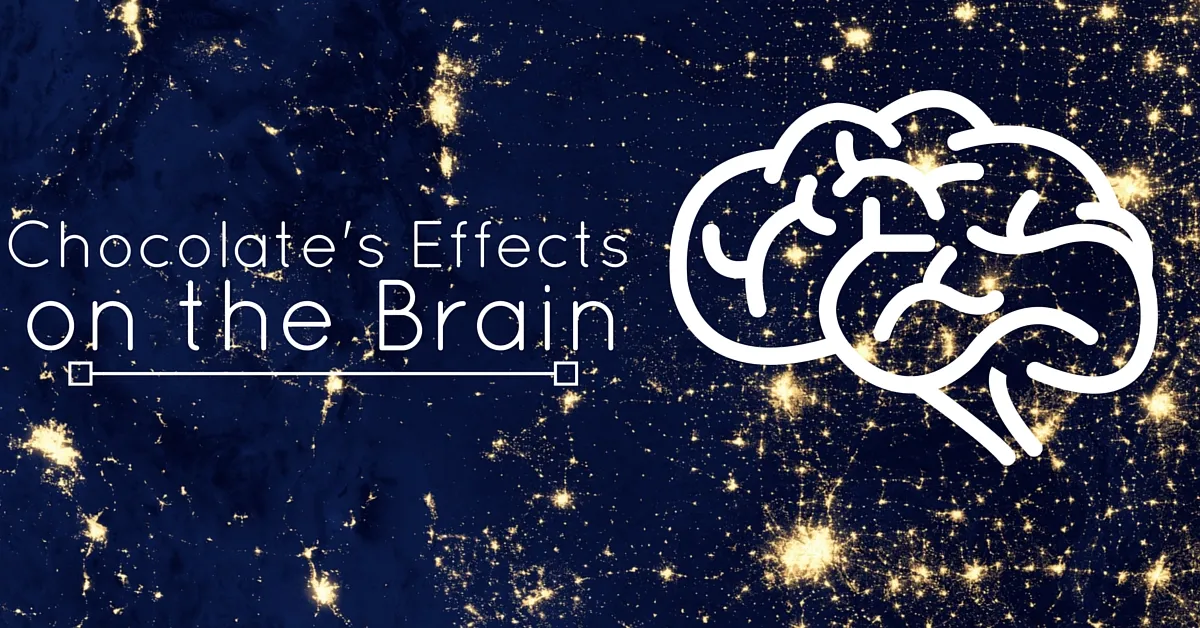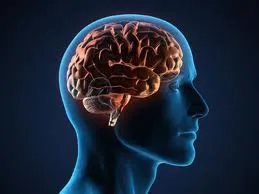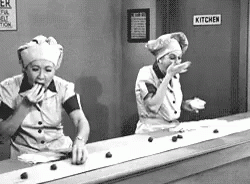
Let's face it, when it all boils down to preserving and making meaningful improvement on our brain function, we all the very best of help we can get; as some health diseases which causes dementia, let's say as Alzheimer’s disease, stroke and Parkinson’s disease could become very much common. considering the fact that we have an aging population, it is largely predicted that dementia would become much more common as the future draws closer. Irrespective of decades of research, there has been no treatment for dementia which is considered highly effective.
Looking at the preventive measures, the best recommendations doctors provide so far are regular exercise, maintaining a standard blood pressure, selecting a healthy diet, drinking in moderation and not smoking. Some brain exercise, the likes of word games, challenging math problems and also a variety of supplements are the various unproven for long-term preservation of brain function. Over time a good number of studies have suggested that fish oil, stimulants, antioxidants and some other specific foods might just help in preventing dementia improving brain function, but these studies have been inconclusive at best.
The brain and chocolates?

A recent review analyzed the evidence to date that flavanols which are found in cocoa, dark chocolates and in some other foods mighbe of benefit to the human brain functioning. Flavanols are a distinct form of flavonoids, some plant-based substances which have certain antioxidant and anti-inflammatory effects. Below are some sample of findings made:
- Short-term consumption may be helpful
For example, a result of a recent study showed that about two hours after the consumption of dark chocolate which has a high level of flavanol content, reaction and memory time became better as compared to those who consumedwhite chocolate with a low level of flavanol content.
- Long-term consumption may be helpful
Another recent study had findings which showed that amongst adults with age fifty to sixty-nine, the persons who have been taking a cocoa supplement that had a high level of flavanol content for about three months had a much better performance when tested on memory as compared to those who were assigned to take on a low-flavanol cocoa supplement.

Although these findings appear to be intriguing and very much encouraging, a lot of research still needs to be carried out, considering the fact that most of the studies thus far have been in some ways limiting small, this a good number of them have been unable to totally eliminate the possibility of a placebo effect. Additionally, studies couldn't account for a lot of other variables which could affect brain function, the likes of some medication use, cognitive function at baseline.
- Take Away
One very vital point to be noted in all the research stated above is the fact that all chocolates are not the same. Cocoa and dark chocolates have a very high level of flavanol, but white and milk chocolate have quite a lower levels. Additionally, a good number of the available types of chocolates are very high in sugar, calories and yes fats. So, let's say dark chocolates ends up being good for the brain, it is very unlikely that doctors would recommend a chocolate bar a day.

A lot of persons would be more than willing to accept any suggestion which supports chocolate being healthy but this is only a bid to justify their high rate of chocolate consumption. But, it would definitely take a lot more than just these evidence to prove to some other persons that flavanols or chocolates are truly capable of improving or even preserving brain function, considering the fat that too much of it could result in more harm than good.